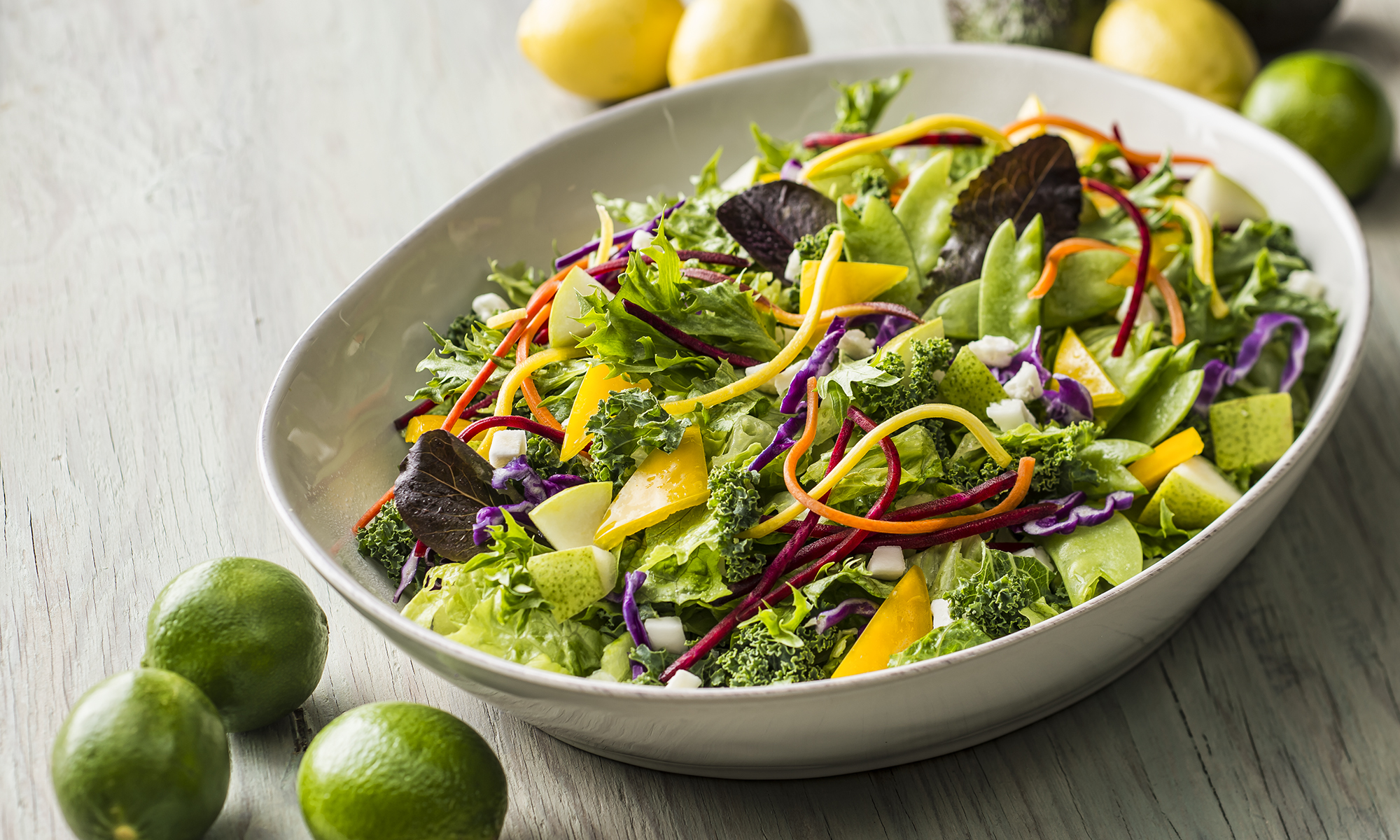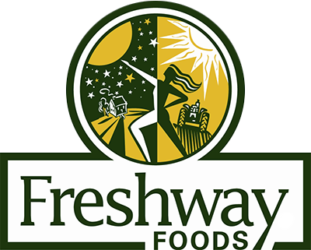Meet our new Safety Manager: Mark Nuss.
Mark originally joined Freshway in April 2014, and his first year with the company was focused on gaining experience with our production and food safety systems and procedures. In his new role, Mark will be focused on developing programs and procedures to ensure a safe work environment for our 400+ associates.
Mark is passionate about associate safety. “When someone gets hurt, it’s not just their life that is changed, it’s also the lives of their spouse and children,” he says. “That injury can make the difference in their ability to play with their children or take their family out to dinner.”
Mark adds that workplace injuries are a lose-lose situation for both the associate and the company. “The company loses an experienced worker and faces financial penalties,” he explains. “It is always better to have a win-win situation, where workers are safe and everyone benefits,” he adds.
Mark’s decision to become a Safety Manager stems from his genuine concern for people. He believes that good communication skills are a must for anyone who wants to work in Safety, because the goal of preventing injuries and accidents requires extensive training and communication.
In his short tenure as Freshway’s Safety Manager, Mark has developed a new and improved onboarding program for shipping and receiving forklift drivers, developed standardized procedures for safety investigations, and worked to improve the efficacy of Freshway’s safety committee. “It’s important to involve a cross-section of our organization in our safety discussions, from zone managers and crew leaders to production associates and new hires,” he states. “That is the best way to ensure our safety messages filter through the organization.”
One of the biggest challenges Mark will face in his new role is implementing changes to the Material Safety Data Sheets (MSDS) for the 300 chemicals used in our production and maintenance facilities. The new standards, which require creation of new Safety Data Sheets (SDS) that meet the requirements of the Globally Harmonized System (GHS), will result in safety information that is consistent across all countries. “This will standardize the layout of information on the SDS sheets, so that workers can find the information they need quickly, no matter where the chemical was manufactured,” Mark explains. “Companies are not required to be in full compliance until June 1, 2016, but we are getting ahead of the requirements to keep our associates safe,” he adds.
Prior to joining Freshway, Mark served as plant manager for Lotridge Rubber Company in Botkins, Ohio. He also has prior food industry experience, as manager for several local restaurants. Mark recalls buying produce from Freshway during the early days of the company. “I would call up Frank Gilardi or Phil Gilardi to place an order, and I would pick our product up from a very small facility on State Route 29,” he recalls. “When I saw that Freshway was hiring, and started checking out the company online, I couldn’t believe how much the company had grown,” Mark adds with a smile.
Mark holds an Associate’s degree in Accounting from Edison State Community College and has completed coursework in Chemical Engineering at the University of Cincinnati. A lifelong resident of Shelby County, Mark and his wife Tina have three children.
We are all very excited to see the positive changes Mark is making in his new role as Safety Manager. Please join us in welcoming Mark to Team Freshway!




